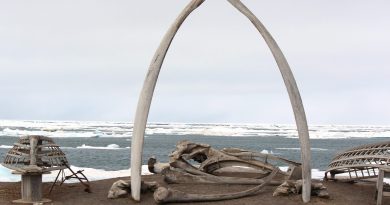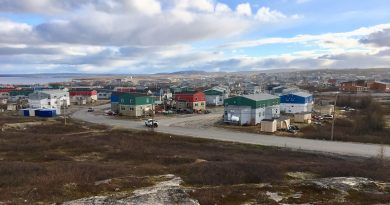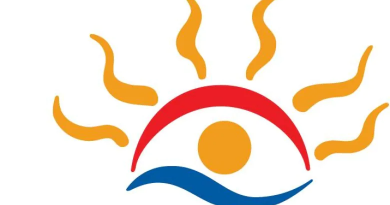Arctic Council resumes working group meetings, held virtually
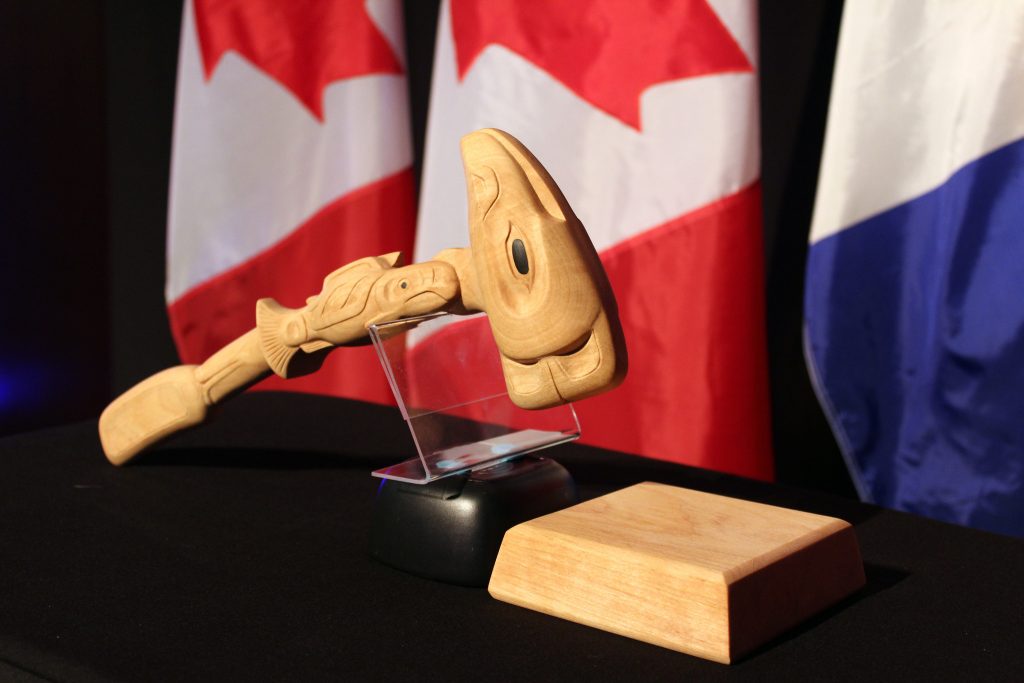
The Arctic Council is inching back to towards its regular sustainability work, with the resumption of virtual working group meetings.
“As I’ve emphasized in the past, without functioning Working Groups, we don’t have an Arctic Council,” Morten Hoglund, Chair of the Arctic Council’s Senior Arctic Officials, said in a statement this week.
“Allowing Working Groups to virtually meet and advance their work is critical in meeting that commitment and the responsibility the Council has to play a leading role in addressing issues of emerging concern as it relates to environmental protection and sustainable development in the Arctic.”
The forum’s six working groups each consist of experts dedicated to addressing specific northern issues, ranging from emergency preparedness to sustainable development and Arctic contaminants. The groups do the main work of the body.
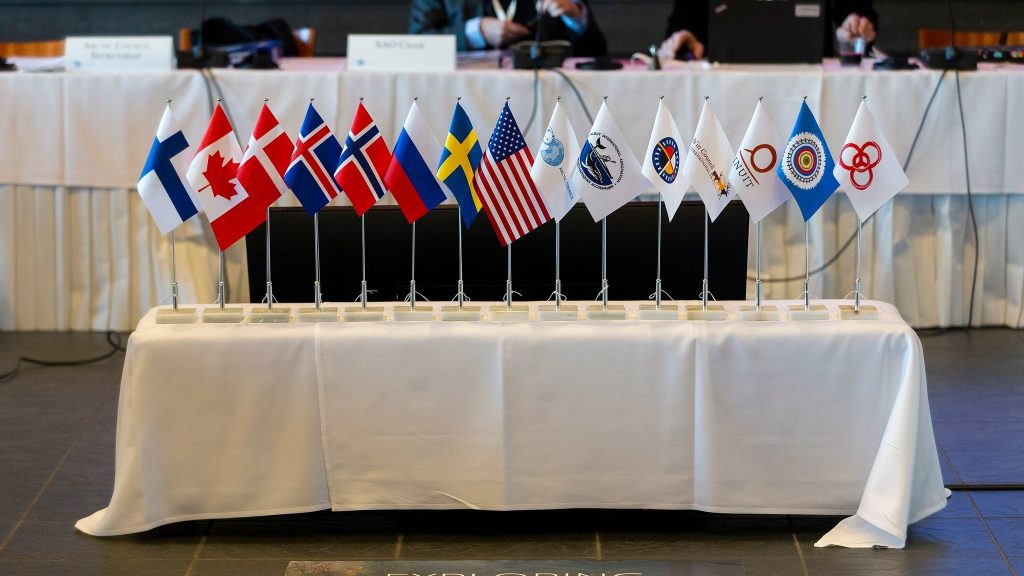
In March 2022, the seven Western states (Canada, Denmark, Finland, Iceland, Norway, Sweden, and the United States) halted Arctic Council participation due to Russia’s Ukraine invasion.
Security issues are excluded from the Arctic Council’s mandate which focuses on the environment and sustainable development, but the A7 said the invasion violated the forum’s foundational principles which including sovereignty and territorial integrity under international law.
In June 2022, the A7 partially resumed projects that didn’t involve Moscow.
This February, Russian media reported Moscow hadn’t ruled out leaving the Arctic Council if the forum’s activities “no longer corresponded to Russia’s interests.”
Work resumption result of months of preparation
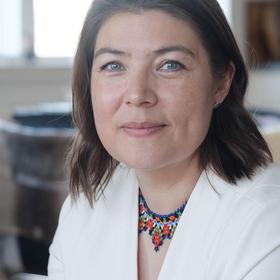
Norway took over the council’s two-year rotating chairmanship from Russia in 2023 and said its primary focus on navigating a path forward for the Arctic Council to resume its crucial work on issues like climate.
The consensus to restart the working groups was reached over several months since guidelines on moving forward were established last summer by the Arctic states and permanent participants.
Sara Olsvig, International Chair of Inuit Circumpolar Council, welcomed resumption of the meetings given the impact of climate change on Arctic Peoples
“The Arctic Council is critical for Arctic cooperation and the permanent participation of Indigenous Peoples is what makes this body unique,” Olsvig said.
“The ability of the Arctic Council Working Groups to continue to effectively respond to the environmental, climatic and social development is of great importance to the Peoples of the Arctic.”
‘Project completion important to inform Arctic communities’
Patrick Huber, Chair of the Arctic Contaminants Action Program Working Group (ACAP), said the virtual meetings would allow the interaction necessary for projects to advance.
“Trust, understanding and respect are the cornerstones on which we build our Arctic cooperation, and we need to strengthen those elements to ensure the viability of our work,” Huber said.
“As projects approach key milestones and approval of final products are prepared, Arctic Council Working Groups will need to act with certainty and confidence, and they will want to ensure that the communities of Arctic are informed and engaged in a timely manner.”
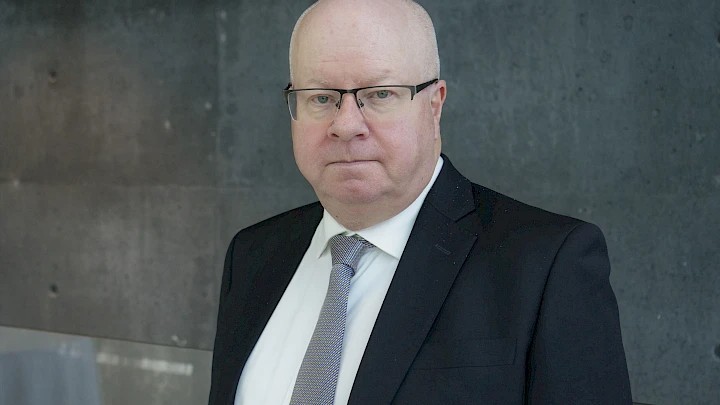
The resumption of the virtual working group meetings will occur over the next three to four months and will include all participants and project partners from the Arctic States, including Russia, the six Indigenous Permanent Participant organizations and observer states.
“With just over one year left of the Norwegian Chairship, I am very pleased that Working Groups can take more steps to advance their projects and initiatives for delivery at the end of our Chairship,” Hoglund said.
“This is critical in enabling the Council to effectively respond to rapid climate change and other urgent issues impacting the region and beyond.”
Comments, tips or story ideas? Contact Eilís at eilis.quinn(at)cbc.ca
Related stories from around the North:
Norway: Arctic Council cooperation with Russia: “We should not close those doors”, The Independent Barents Observer

